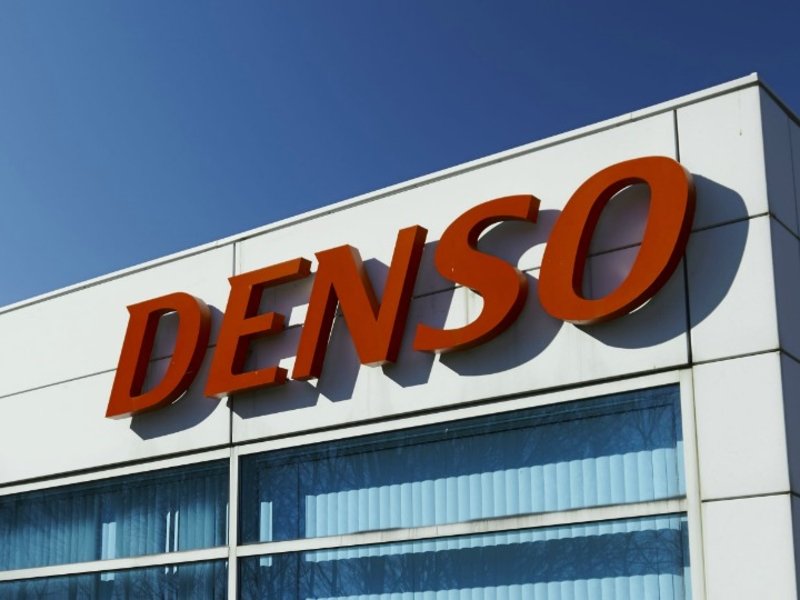
TOKYO — Japanese companies including auto supplier Denso Corp. scrambled to assess the turmoil in Myanmar on Monday after a coup in the country once feted as Southeast Asia’s last big frontier.
The Myanmar military seized power against the democratically elected government of Aung San Suu Kyi, who was detained along with other leaders of her party in early morning raids.
Major Japanese companies have pushed into Myanmar since Suu Kyi’s party won a landslide election in 2015 and established the first civilian government in half a century.
Although some investors have grown wary over the persecution of the Rohingya Muslim minority, hundreds of Japanese companies have remained in Myanmar, drawn by an emerging market of more than 50 million people.
One of those companies, Denso, said it was struggling to reach staff after phone and internet connections were disrupted.
“We haven’t been able to establish contact with them, so we don’t know what the situation is like,” a spokeswoman said.
A spokesman for Aeon, which has been planning to open a shopping mall in Myanmar in 2023, said it finally got through to local staff via the internet.
“We have not made any decisions,” he said. “For now, we are just closely monitoring the situation.”
The military has been accused of genocide and other war crimes against the Rohingya. Myanmar denies genocide, saying its military was carrying out legitimate operations against Rohingya insurgents who attacked police posts.
Veteran public relations consultant Bob Pickard said companies now faced a growing public relations risk.
“Japanese companies invested in Myanmar and especially those with military connections now need to be agile in articulating what these events mean for them,” said Pickard, who worked in Japan for many years.
“‘Business as usual’ poses an acute risk of public relations disaster for any Japanese companies that are slow to condemn what has happened today.”